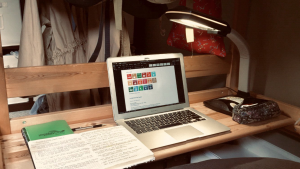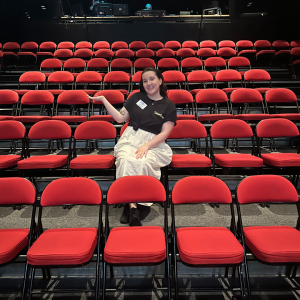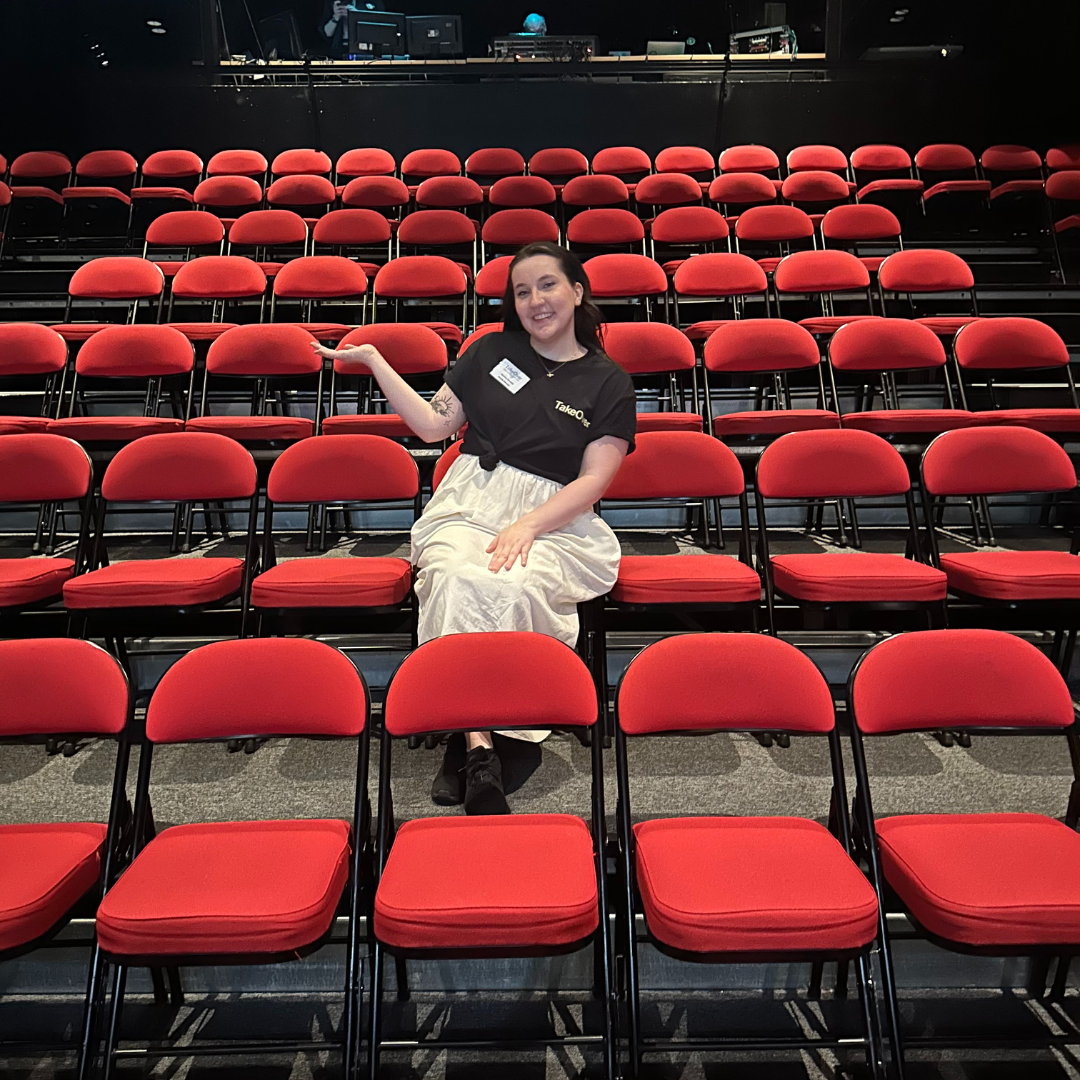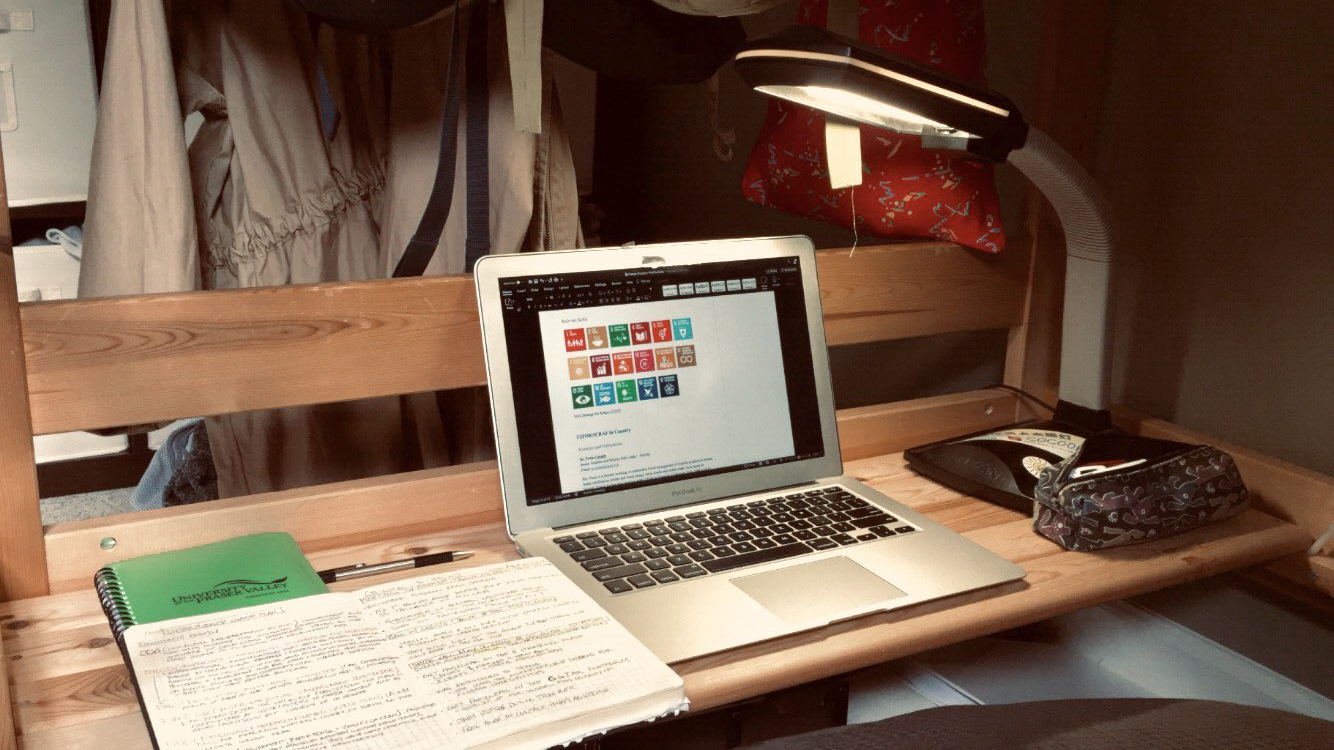 Guest blog by Taelyr Keeley and Abbey Lin
Guest blog by Taelyr Keeley and Abbey Lin
It has officially been six months since the beginning of the Covid-19 pandemic. The global pandemic has and will change many aspects of our daily lives. Covid-19 is not only affecting the health of millions, it also has adverse effects on our global economy; specifically, development funding. In the global development sector, funding is extremely important as it allows organizations to do the work that they do; which is vital to our survival. The donor landscape for the development sector is changing rapidly as Covid-19 continues to spread throughout the globe. Many governments are cutting back the amount of funding they issue each year, with the US cutting their development funding the most. Cutting back millions of dollars of development assistance affects the livelihoods of those living throughout the global south. Many rely on the development programs that are created to provide basic services like, food, shelter and healthcare; without these programs people are left behind.
Our internship with the Centre for International Forestry Research (CIFOR) has been very rewarding yet challenging. We were able to attend conferences, lectures and meetings that discussed food security, climate change, the changing development landscape, and the donor landscape. All of these topics also paid special attention to how they would be affected by Covid-19. Put simply, without funding from donors, programs cannot happen. When programs cannot happen, this adversely affects the citizens that require these programs.There are scientists all throughout the world working on critical projects. These projects are saving lives and providing livelihoods for millions. An example is the “Governing Multifunctional Landscapes in Sub-Saharan Africa” project led by CIFOR. This project focuses on addressing sustainability in income, food and energy in the rural communities of Kenya which heavily rely on the forests around them. As our world economy is beginning to fail, there is less funding available for government safeguards against Covid-19 let alone funding for development projects. Funding is being redirected because of the global pandemic and it may be hard to predict where the money will go. It is crucial in how we approach donors and let them know how important these projects are. Throughout our internship, we have had the pleasure of working with different contacts within CIFOR to learn the ins and outs of the donor landscape. We have been able to learn that development programs are equally as important as government safeguards for Covid-19. Climate change is an emergency that needs to be addressed at least the same as Covid-19 or higher; if we do not there will be no planet for us to live on.
Scientists that are currently working for CIFOR are providing necessary research to adapt and mitigate the effects of climate change; specifically, in the regions where climate change has the greatest impact. Without this research, millions of people are left vulnerable to these impacts. For a large population in the global south, the impacts are food insecurity, migration, lack of income, etc. Everyone deserves the opportunity to have food on their table, clothes to wear and a roof over their head. The risks of losing development funding on a large scale are immense. Scientists are doing the work that is necessary to improve the lives of millions and lift them out of extreme poverty.
Covid-19 has provided the world with the opportunity to observe how a lower human footprint changes the environment. In Italy, the Venice canals cleared up and ocean-life began to return to the area. In India, you could see the Himalayas for the first time in decades. In China, the smog cleared so much that you could actually see major urban centers again. Covid-19 has shown that the climate can change and adapt. It is our presence that is having the greatest impact. If we can make changes to the way our society behaves post-covid-19 then we can truly mitigate climate change. It is the time that climate change needs to be taken seriously as we have tangible evidence as to the impacts of the human presence.
As we reflect over the last three months that have flown by working with CIFOR; we can’t help but think that we would’ve been writing this from our office in Nairobi, Kenya. Instead, we are writing this from home in Abbotsford, Canada. We are disheartened that the opportunity to live and work abroad was lost but, we appreciate staying home more. This may come across as a weird answer to our readers, but it just makes sense as we end our internship. Yes, we had to stay home and miss out on opportunities of a lifetime, but we got to create an experience of lifetime in a different way. We were able to connect with scientists and colleagues from around the world. Create country profiles and learn from the scientists working in those countries. We got to skype late hours into the night early morning due to time changes; this was very hard for us, don’t be fooled. We also were able to save our carbon footprint of travelling from Canada to Kenya. Though we weren’t able to receive funding for our internship, we were able to allow that funding to be used for future interns. We need to remember that we are doing these things for the bigger picture and that we are contributing to a greater mission; not for our own personal enjoyment to experience travel internationally. Yes, don’t get us wrong, Covid-19 has been extremely difficult in more ways than one. We acknowledge its impact and mourn the countless lives lost.
We have discussed the positives of our internship, it’s time we addressed the negatives. As we were not able to travel to Nairobi, we had to adapt our internship to an online format. This meant meetings, conferences and work was conducted at random times to fit the time zone with whom we were dealing with. An online format also involved the now famous Zoom meetings, we were thankful for the times our camera didn’t have to be on as we were usually in bed.
Working in different time zones is not an easy feat to accomplish; we often were receiving emails days later or at times we were not working. This was difficult as we weren’t able to receive feedback at desired times. We all know how emails work, right? Well, we also had emails get lost in the thirty-email thread or were forgotten by our colleagues. It canbe hard sometimes when you work with very busy people who are more than willing to help but must also deal with schedules, piles of work, and different time zones. Incentives to check in were not as frequent since there is no longer the requirement to be physically present.
An important thing to note, however, is that Covid-19 changed the way a majority of us work. We have to work out the kinks in an online workplace to improve productivity and communication. It was quite the honour to be the guinea pigs of a virtual internship. We were thrown into ground zero of the birth of virtual internships and saw what impacts COVID-19 had made in the world of research and funding. We have been able to learn so much and provide feedback for future virtual interns. We have learned that you don’t need to live in the country where your work is based. This is a capability we never would have considered before; thank you internet! So, a little bit of advice from your summer interns is to not be afraid of a virtual internship. You can learn so much more than imagined! There is no time to wait. Some people may think that doing something virtual isn’t as meaningful or “cool”, but this is the new reality that we are in now. We are trying to find out the issues and solutions to this world and those who truly want to reach out and help will not let something virtual stop them. The show must go on; the world’s issues will not wait, so neither will we!
We’d like to give a huge thanks to CIFOR and UFV for giving us this opportunity in the midst of all these events. It has been truly a meaningful experience to work with the amazing staff of CIFOR who were more than willing to show us their work and how they are going about their work along with the pandemic. We are grateful that UFV coordinated and made this internship happen as it was all definitely worth it. Even though this time we weren’t able to physically experience working with CIFOR; with COVID-19 this is the new norm that must be accepted. Because of COVID-19 we were able to work with scientists and researchers beyond Nairobi, Kenya and got to meet more different people than we would have in person! We may have missed out on the actual physical interaction experience but this internship has set us up for possibly more opportunities to travel when this pandemic is over.
“How wonderful is it that nobody need wait a single moment before starting to improve the world.”
– Anne Frank
Taelyr Keeley and Abbey Lin are fourth year Global Development Studies students at UFV.
 Béatrice Frenette, who graduates this summer from the University of the Fraser Valley (UFV), has already achieved significant milestones. She is the first in her immediate family to attend and complete a university degree, earning a Bachelor of Arts with a major in Communications and a minor in Theatre, along with two certificates.
Béatrice Frenette, who graduates this summer from the University of the Fraser Valley (UFV), has already achieved significant milestones. She is the first in her immediate family to attend and complete a university degree, earning a Bachelor of Arts with a major in Communications and a minor in Theatre, along with two certificates.


 Guest blog by Taelyr Keeley and Abbey Lin
Guest blog by Taelyr Keeley and Abbey Lin